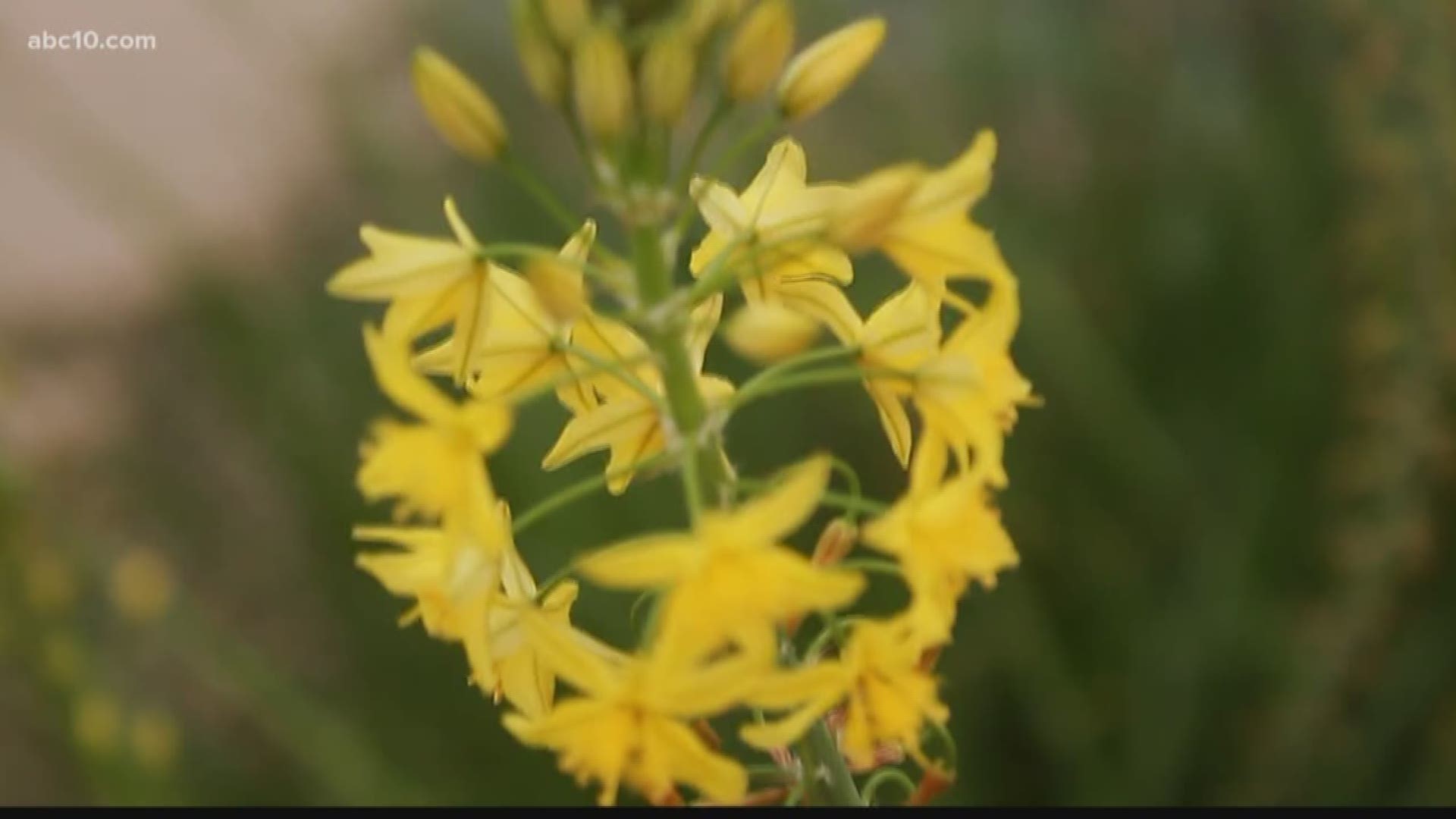March marked the beginning of spring, but for many, it also marked the beginning of allergy season.
For those new to Sacramento, also known as the "City of Trees," we thought it might be helpful to provide some useful allergy-related tips and answer some frequently asked questions. These might also help those who grew up here and are experiencing allergies for the first time.
How can I tell the difference between allergies and a cold?
Dr. Marc Ikeda, Chief of Allergy with the Kaiser Permanente South Sacramento Medical Center, said this is one of the most asked questions. One of the keys to allergies is that they are predictable and happen the same time every year. The hallmark features of allergies are the itchy, watery eyes and nose, which can lead to sneezing. The nasal drainage and post-nasal drip can also lead to a cough as well. Sometimes, those can lead to sore throats. If you have a fever and are low on energy, that is more likely a cold. However, keep in mind, allergies can also lead to fatigue if you're congested and not getting good sleep. What's important is to look at the pattern and your personal history with allergies.
How can I fight severe allergies?
Dr. Ikeda recommends three ways to fight allergies: avoidance, medicines, and the allergy shot. Testing can be helpful to find out what exactly you're allergic to, so you can avoid it. Medicines include antihistamines like over-the-counter allergy pills, including Claratin or Zyrtec. Dr. Ikedia said the most effective can be nasal steroid sprays, like Flonase. They work slower but are more effective. If you use them consistently, you'll see better benefits and it helps with congestion. Allergy shots are literally injecting your body with what you are allergic to on a regular basis to get your body used to it.
Does switching up allergy medication, like Claritin and Zyrtec, work better?
While some people insist that switching up allergy medication in between seasons, or during seasons, work for them, Dr. Ikeda said there is no scientific data behind the theory.
Does local honey and/or pollen actually work?
While local honey and/or pollen work for many people, Dr. Ikeda said it is a little unclear the science behind this theory. The pollens that cause us allergies are pollinated via wind and we breathe them in. The pollen found in honey is pollinated by bees and comes from flowers. Those don't typically cause allergies. However, honey does have other health benefits that might also work for allergies.
How early should I start taking allergy medicine?
Dr. Ikeda believes getting ahead of the game can be helpful, especially with nasal sprays, because those take a couple of weeks.
When does allergy season start and end in Sacramento?
Allergy season in Sacramento usually starts in March and goes through June. When it gets really hot in the summer time (think 100 degrees and higher), the amount of pollen goes down. However, when it gets cooler. the pollen comes back. So we typically see spring and fall allergies in Sacramento.
If I've never had allergies before, am I in the clear?
No. According to Dr. Ikeda, allergies can occur at any time. If you grew up in a place like Sacramento where citizens are prone to allergies, you are less likely as an adult to develop them. However, it is still possible. Many people who move to Sacramento from the Bay Area develop allergies pretty quickly when they arrive. Newcomers from further away may not see allergy symptoms for 2-3 years, because it takes the body a few cycles before developing sensitivities to the pollen.
How do I know if I should see a doctor about my allergies?
If your allergies are bothering you, it is always worth taking a look at. If you want to learn more about testing, contact your local hospital and ask to see a doctor about allergy testing.
Follow the conversation with Frances Wang on Facebook.

